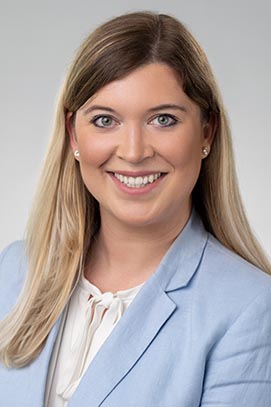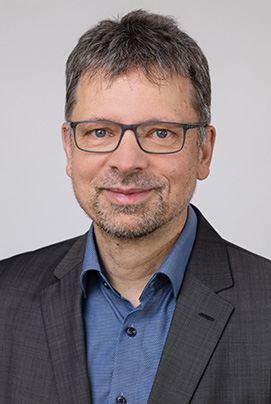The VDMA - vdma.org

© shutterstock
The INDUSTRY PODCAST of the VDMA
The audio blog for trend topics from mechanical and plant engineering
Current episodes
The USA is much more than just a major sales market for industry in Europe. The change in trade policy under Donald Trump is hitting companies all the harder. Europe must now show unity and strength - in every respect.
Making optimum use of machines by having manufacturers and customers operate them together - this is one of many new business opportunities made possible by digitalization. The time is ripe to use data rooms to increase productivity in mechanical engineering.
Every year, around 250,000 young people try to find their way into vocational training after leaving school with the help of the transition area. There is a wide range of programs to choose from, but too often companies and young people do not find a match.
Several million people in Germany use elevators and escalators every day. And the number is growing. What opportunities does the industry offer and what does everyday working life look like? A planning and sales expert talks about her job.
What are the challenges for mechanical engineering due to generational change? What concrete methods and techniques are available for companies to combat the loss of knowledge? What does AI do for us?
The COP29 climate conference in Baku has opened the way to a global carbon market - but postponed crucial questions on financing global climate protection. Small steps, but not nearly enough.
The tougher the dispute between the USA and China becomes in global trade, the greater the pressure on Europe. What will industries have to face if rules-based trade is pushed aside?
India wants to become a major economic power. The government is promoting growth with numerous measures. But locally, the paths to new business can be tortuous.
When the Cyber Resilience Act 2027 comes into force, software BOMs will also become mandatory. The VDMA recommends that companies prepare in good time so that they can continue to sell digital products seamlessly.








